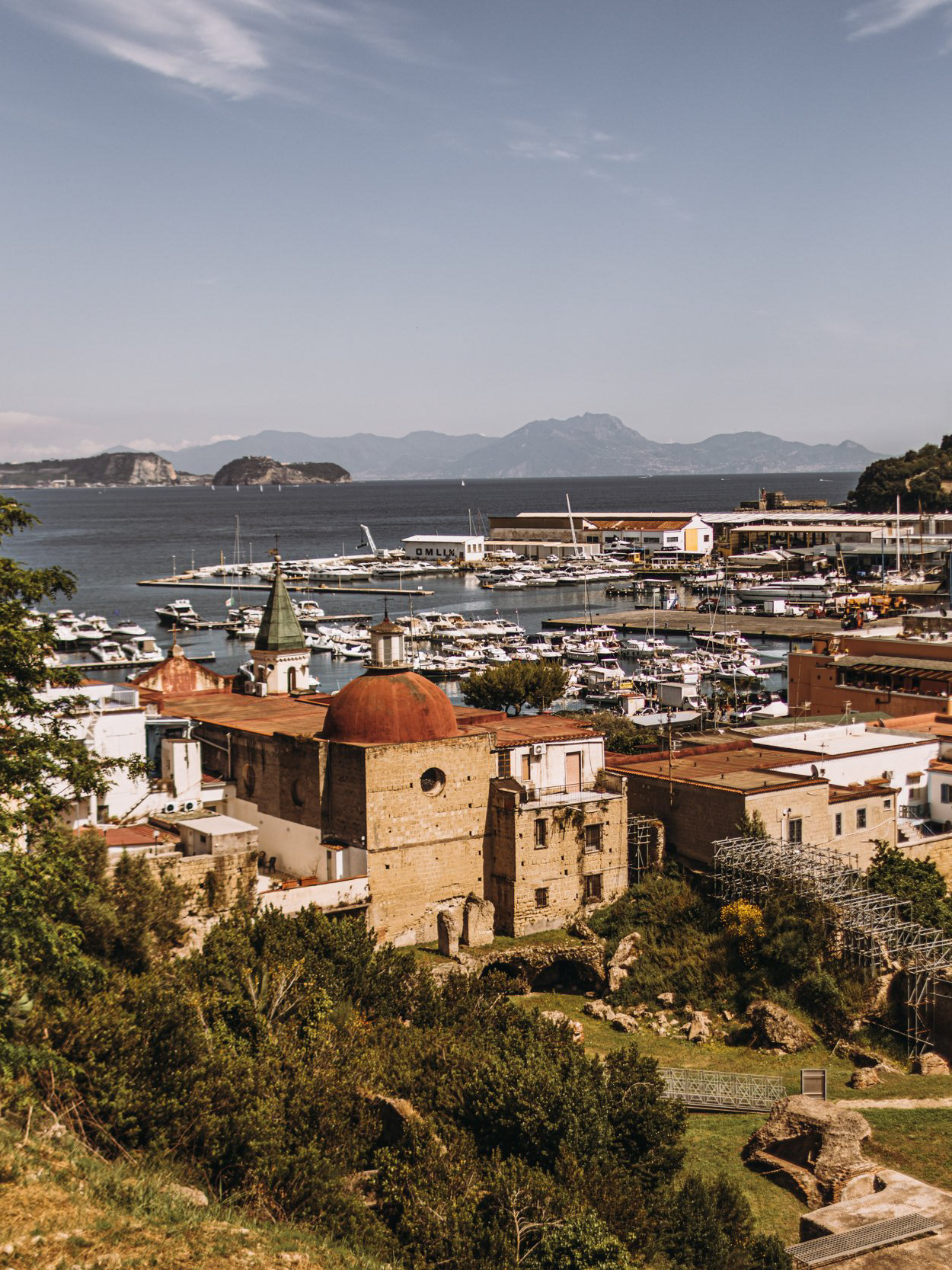Reflections on a photographer who redefined how I see the world.
There are people who, without meaning to, become points of reference. Not only in the history of image-making, but in how we understand our own place in the world.
For me, Lynsey Addario is one of them.
At a time when I wasn’t sure whether my work should be rooted in the precision of the studio or in the unpredictable rhythm of documentary photography, her path reminded me that photography could be both: a constant search for balance between control and loss, between composition and trace.
A Woman in a Man’s World
Lynsey Addario has photographed, often alone, the most defining conflict zones of the past two decades: Afghanistan, Iraq, Libya, Syria, Ukraine. But what strikes in her work is not war itself, it’s the stubborn persistence of life within it.
In a field long shaped by the masculine myth of the “hero photographer,” she brought something else: a way of seeing that doesn’t seek to conquer, but to understand. That’s what speaks to me most. Her approach relies less on shock than on presence; less on demonstration than on accuracy.
Being a woman on the field was not a symbolic gesture but it was a necessity. She tells stories of war, but also of what war does to women. Her position gave her access to spaces her male colleagues rarely entered: motherhood under fire, intimacy among survivors, tenderness in ruins. In her gaze, there is no heroic distance, only an attempt to remain human amid devastation.
And she does that better than anyone.
© Caitlin Kelly (National Geographic)
Telling Stories Without Losing Yourself
The documentary Love + War, directed by Elizabeth Chai Vasarhelyi and Jimmy Chin, set for release on November 6, 2025, unveils the other side of her story: the photographer, the mother, the partner, the survivor. It reveals the invisible tension between the duty to bear witness and the need to live otherwise: to love, to be present, to avoid dissolving into what one documents.
The film doesn’t glorify it. It shows the cost of seeing, what it takes to keep looking.
In the Visionaries podcast, hosted by Alice Aedy, Lynsey returns to that same fragile line: how to keep working, exposing, and staying lucid while protecting a part of yourself. Her words resonate like a quiet reminder: this work is not only about courage, but about endurance — that silent discipline that allows you to hold on, frame after frame, without losing meaning.
A Lesson in life
What I admire in Lynsey Addario is not only her career, but the consistency between the way she photographs and the way she lives. Her relationship to travel, for example, is never about escape or proof. She doesn’t travel to show - she travels to understand. With her, movement feels like a method: a way of expanding one’s vision, of testing the reach (and limits) of our certainties. I relate deeply to that: the idea that we travel as much to see as to transform ourselves.
She has also taught me a way of being a photographer without trying to control everything: to accept not knowing, to doubt, to remain silent when necessary.
Her path reminds us that photography is not a sequence of images, not an Instagram feed, but an act of attention, a commitment to remain present when the world collapses, and to keep believing despite it all. The title of her book says it best: It’s What I Do.
She shows that one can live in chaos without being consumed by it, that one can testify without detachment. And perhaps that is the essence of this profession: to keep looking, even when others turn away.
further references
Love + War - Documentary by Elizabeth Chai Vasarhelyi and Jimmy Chin (National Geographic, 2025)
Visionaries - Podcast hosted by Alice Aedy, featuring Lynsey Addario
It’s What I Do: A Photographer’s Life of Love and War - Memoir, Penguin Press
Of Love & War - Memoire, Penguin Press
lynseyaddario.com


